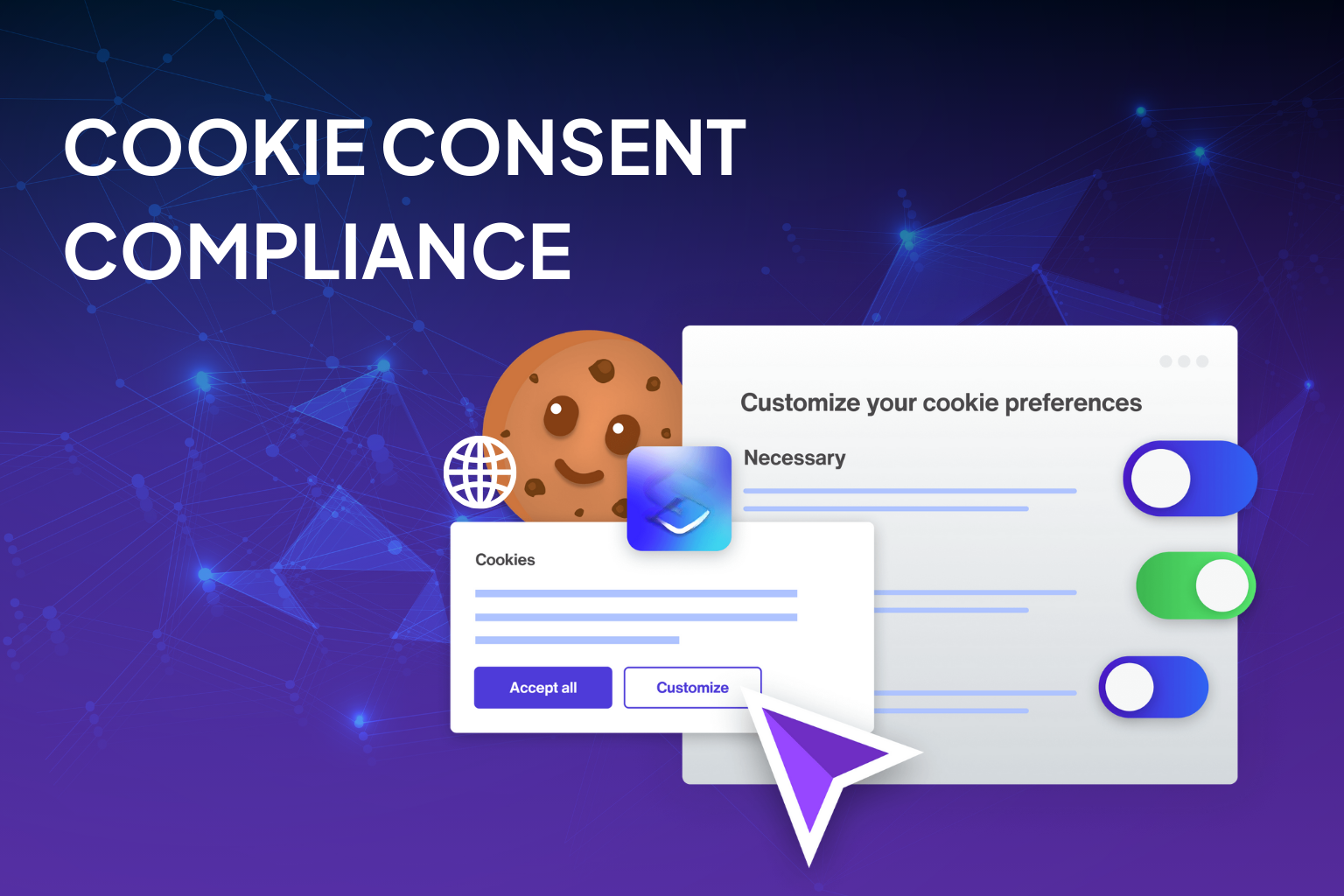
Cookie Consent Compliance: Building Digital Trust Through Transparency
Every time a user visits a website, cookies quietly begin working in the background. They remember login details, track browsing preferences, and provide insights that help businesses improve their services. While cookies are incredibly useful, they can also make users feel uncertain about how their personal data is being collected and used. This is where cookie consent compliance becomes important.
Cookie consent compliance is not just a technical requirement. It is the foundation of a privacy-respecting online experience. By giving users control over how their data is used, businesses can build stronger trust and demonstrate commitment to transparency.
The Importance of Cookie Consent
Modern internet users are more aware than ever of how their data is handled. People want to know which information is being collected, why it is collected, and what benefit it provides. A well-designed cookie banner can answer all these questions clearly.
Cookie consent is important because it:
- Creates transparency between users and businesses.
- Gives people the freedom to decide which data they are comfortable sharing.
- Helps organizations build credibility by respecting user privacy.
- Improves long term engagement by making users feel safe online.
When visitors feel in control, they are more likely to interact with a website, trust the brand, and return in the future.
Moving Beyond the Cookie Banner
Many people think of cookie consent as just an annoying pop up that interrupts browsing. In reality, it can be a powerful trust building tool when approached thoughtfully. Instead of using confusing language and forcing decisions, businesses can design banners that are clear, inviting, and user friendly.
A strong cookie consent experience should be:
- Simple and written in plain language.
- Transparent about what cookies are used for.
- Flexible so users can change their preferences anytime.
- Respectful by giving equal weight to Accept All and Reject All options.
When organizations focus on clarity and usability, cookie consent becomes an important part of a positive digital journey.
The Business Advantage of Cookie Consent Compliance
Cookie consent compliance is not only about respecting user privacy, it also creates strong advantages for businesses. When companies are open about how cookies are used, users feel more comfortable and are more willing to share their information. This leads to better quality data that is accurate, reliable, and far more valuable for insights than information collected without consent. At the same time, clear consent practices strengthen a brand’s reputation by showing respect for user choice, which builds long lasting loyalty. Over time, this trust becomes a powerful competitive advantage, turning privacy into a driver of growth rather than just a compliance requirement.
Technology That Powers Modern Cookie Consent
Managing cookies across multiple websites and applications can feel complex. However, technology solutions now make this process smooth and automated. A strong consent management system can:
- Detect cookies automatically and categorize them.
- Provide real time dashboards that track consent activity.
- Store user preferences securely.
- Offer banners that match the company’s brand identity.
- Give detailed analytics on how users respond to consent requests.
Instead of overwhelming IT teams, technology ensures cookie consent is handled with efficiency, accuracy, and ease.
The Future of Cookie Consent
As the internet moves towards a privacy first era, the way organizations handle cookie consent will evolve. Third party cookies are already being phased out, and users are expecting more transparency than ever.
In the near future, cookie consent will no longer be about clicking a button. It will become a long term agreement of trust between businesses and users. Brands that adopt this approach early will not only meet expectations but also lead the way in creating a privacy respectful digital ecosystem.
Conclusion
Cookie consent compliance is not simply about banners and buttons. It is about respecting user choices and proving that privacy is a priority. By focusing on clarity, transparency, and user empowerment, businesses can transform cookie consent into a meaningful trust building experience.
With Redacto, organizations can simplify compliance, improve user engagement, and strengthen their reputation in a digital world that values privacy more than ever.
Clear consent creates stronger trust. Stronger trust creates smarter growth. And that is the future Redacto helps to build.
FAQs
1. How does cookie consent affect user experience?
When implemented clearly and respectfully, cookie consent empowers users without disrupting their browsing. It makes them feel in control while engaging with a website.
2. What are the types of cookies that usually require consent?
Typically, non essential cookies such as tracking, marketing, and analytics cookies require explicit consent, while essential cookies necessary for website functionality may not.
3. Is cookie consent only relevant for websites with global audiences?
No. Regardless of location, users everywhere care about how their data is collected. Clear consent practices enhance user confidence in all markets.
4. How often should businesses update their cookie consent practices?
Consent practices should be reviewed regularly, especially when adding new tools, integrating third party services, or changing how user data is collected.
5. Can poor cookie consent practices harm a business?
Yes. Confusing or manipulative consent practices can damage reputation, cause user frustration, and lead to reduced customer engagement.




%20Redacto%20logo_New.png)



.jpg)



